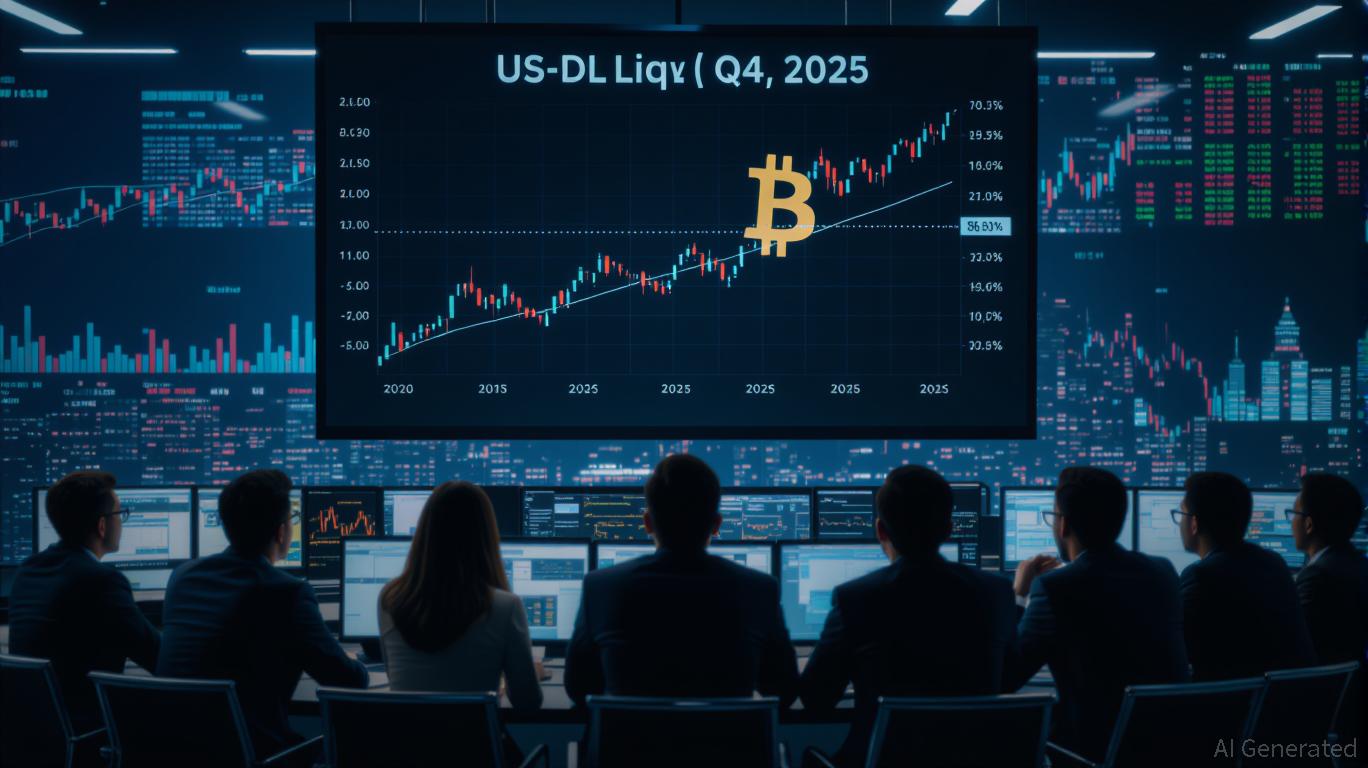Microsoft on track for longest daily loss streak in over a decade
Key Takeaways
- Microsoft is experiencing its longest daily stock losing streak in over a decade.
- The decline is fueled by investor concerns regarding the company's increased capital expenditures on AI infrastructure.
Microsoft appears headed for its longest daily losing streak in more than a decade, according to Bloomberg. The technology giant has faced mounting investor concerns over elevated capital spending on AI infrastructure amid questions about cloud service growth.
The company’s recent stock declines stem from investor worries over surging capital expenditures tied to the AI boom and related power constraints. Microsoft’s cloud business has faced scrutiny for potential growth slowdowns, contributing to extended underperformance against broader tech indices.
Similar pressures on AI-related spending have affected other tech firms, leading to broader sell-offs in the sector.
Disclaimer: The content of this article solely reflects the author's opinion and does not represent the platform in any capacity. This article is not intended to serve as a reference for making investment decisions.
You may also like
It’s not a bubble, because AI is already running the markets

The November 2025 Bitcoin Leverage Liquidation Event: Exposing Systemic Vulnerabilities in DeFi Lending and Margin Trading
- The 2025 Bitcoin leverage liquidation crisis exposed critical DeFi vulnerabilities, triggering $1.3B in liquidations and destabilizing protocols like Balancer and Stream Finance. - Exploits in stable pools and opaque Curator models caused $160M in frozen funds, with Euler facing $137M in bad debt after Stream Finance's xUSD collapse. - Experts warn of systemic risks as DeFi's interconnectedness amplifies failures, while solutions like RedStone's Credora aim to address real-time credit monitoring gaps. -

Bitcoin's Value Soars in November 2025: Key Macroeconomic Drivers and Growing Institutional Embrace
- Bitcoin's November 2025 surge was driven by U.S. government shutdown-induced liquidity shifts and institutional adoption of ETFs. - BlackRock's ASX Bitcoin ETF launch and JPMorgan's $343M IBIT holdings signaled growing institutional confidence in crypto. - Harvard's $100M ETF allocation and staking-based products like Bitwise's Solana ETF highlight systematic capital inflows into crypto. - Despite $578M ETF outflows in November, Bitcoin's correlation with liquidity (0.85) and global regulatory alignment

Modern Monetary Theory and Market Outlook for 2026: Does Bold Investment in Stocks and Emerging Economies Make Sense?
- Modern Monetary Theory (MMT) sparks debate in 2025 as governments expand fiscal spending amid inflation and AI-driven economic shifts. - Proponents argue deficit spending boosts growth, while critics warn of inflation risks and fiscal unsustainability as U.S. deficits hit $7 trillion. - Fed officials clash over policy: Hammack prioritizes inflation control, while Jefferson advocates patience as AI reshapes labor markets. - MMT-driven liquidity could lift emerging markets if Fed rates stay low, but sudden
